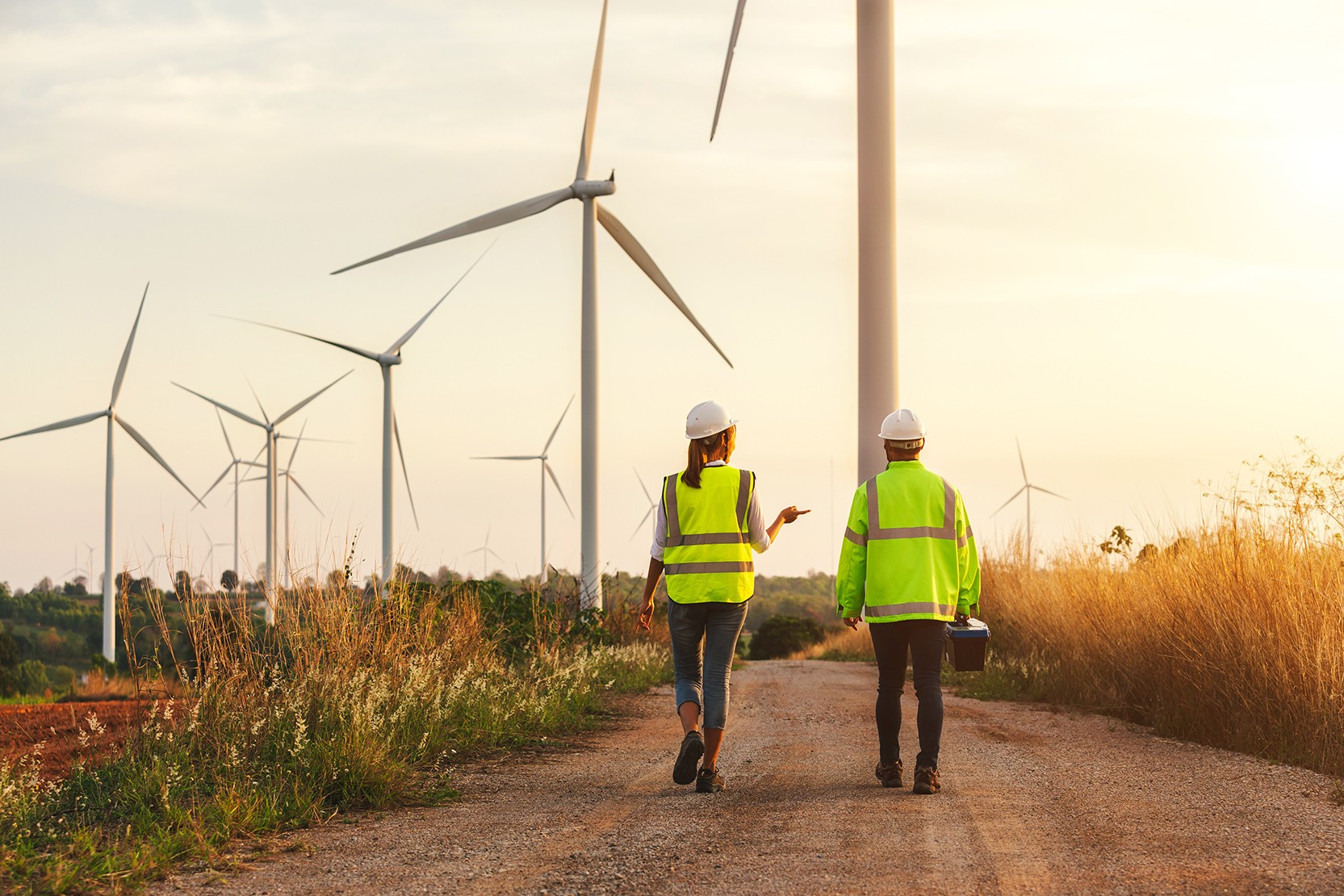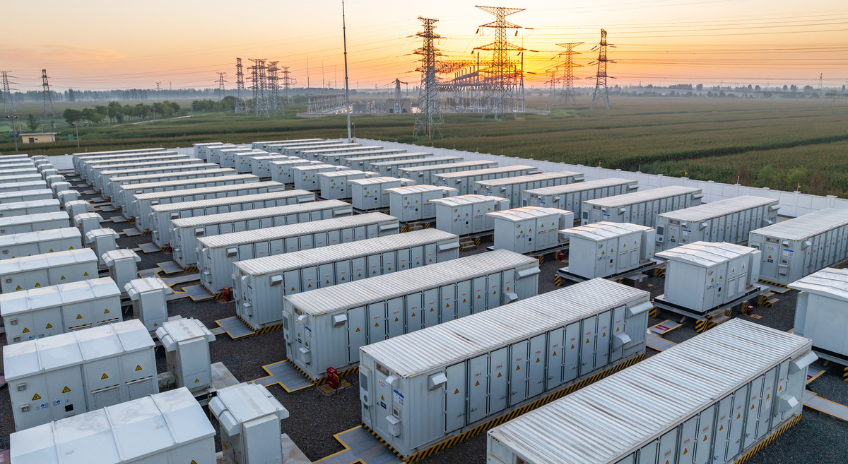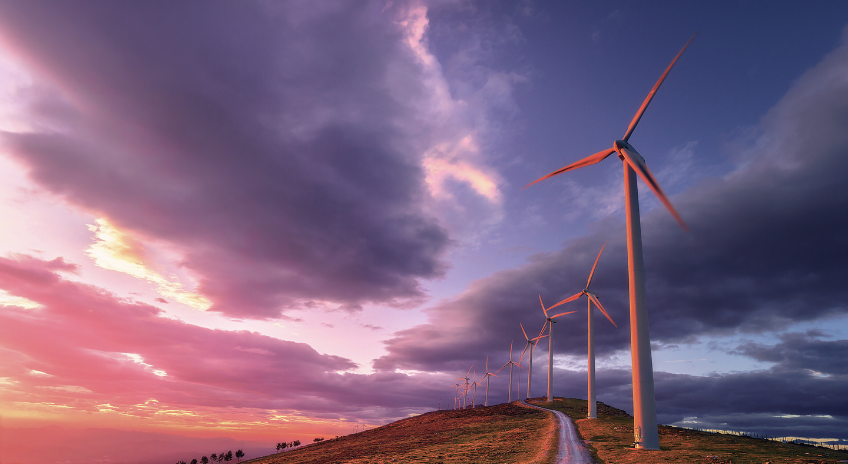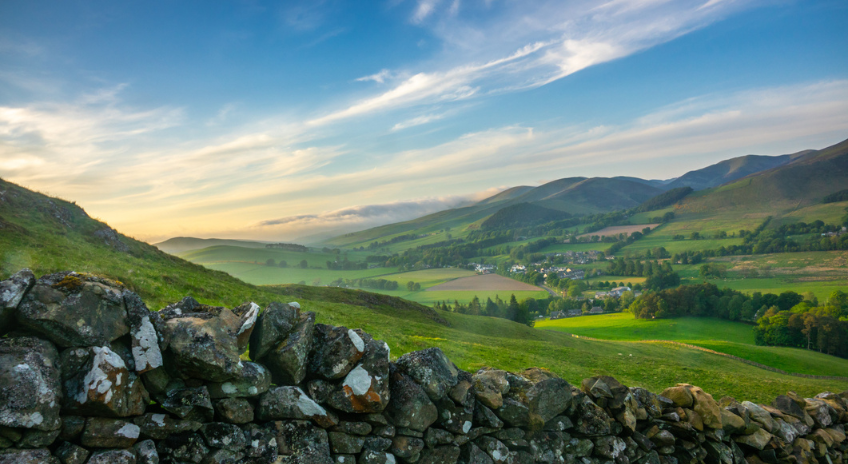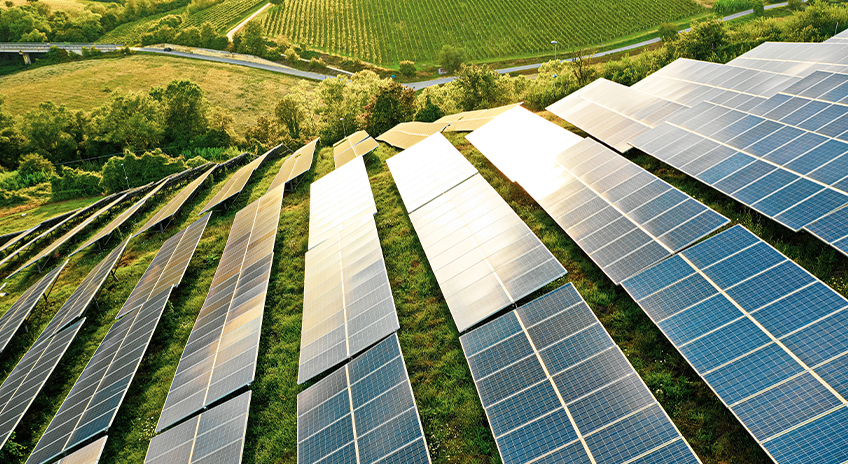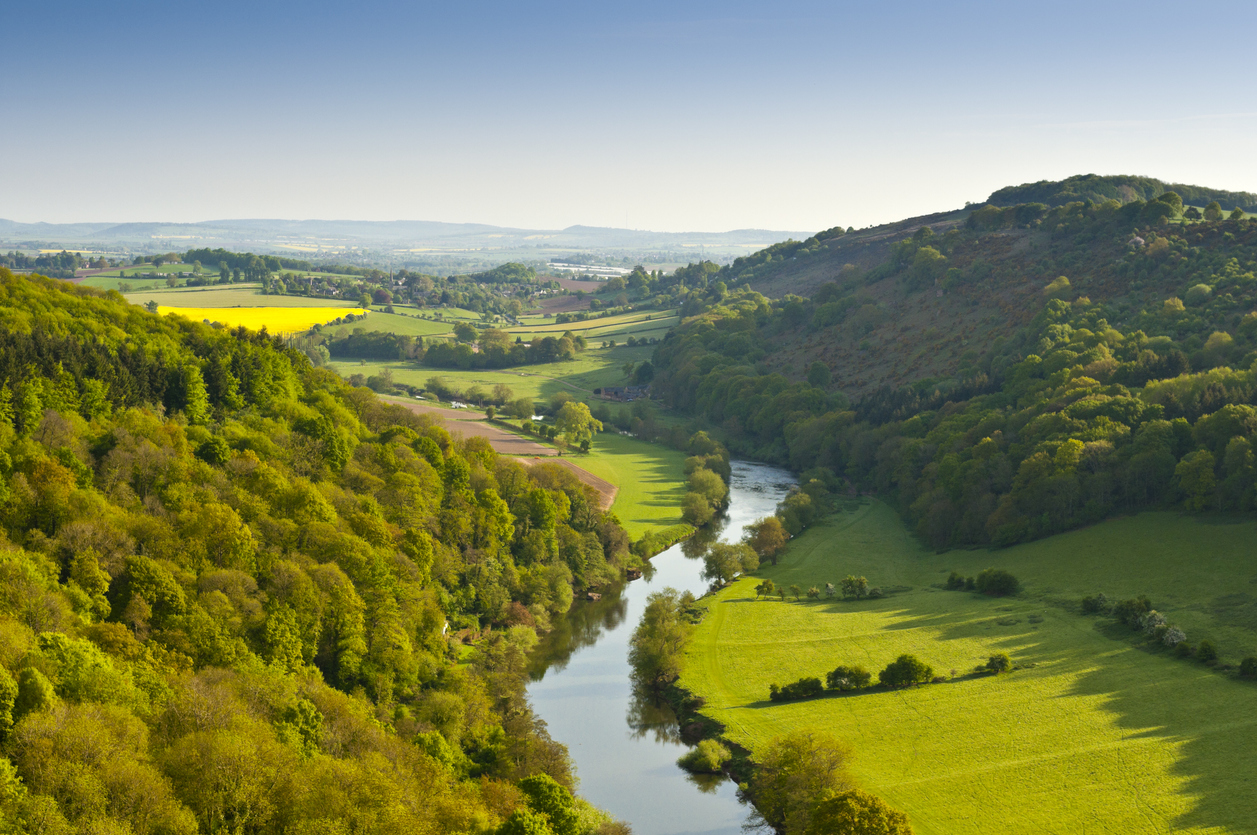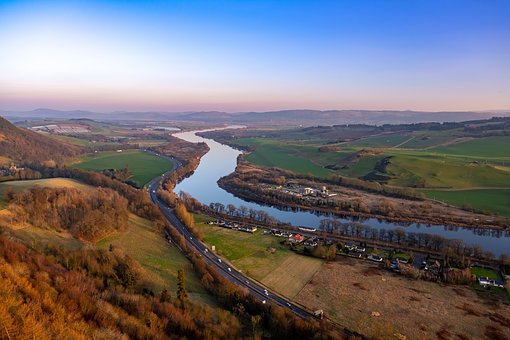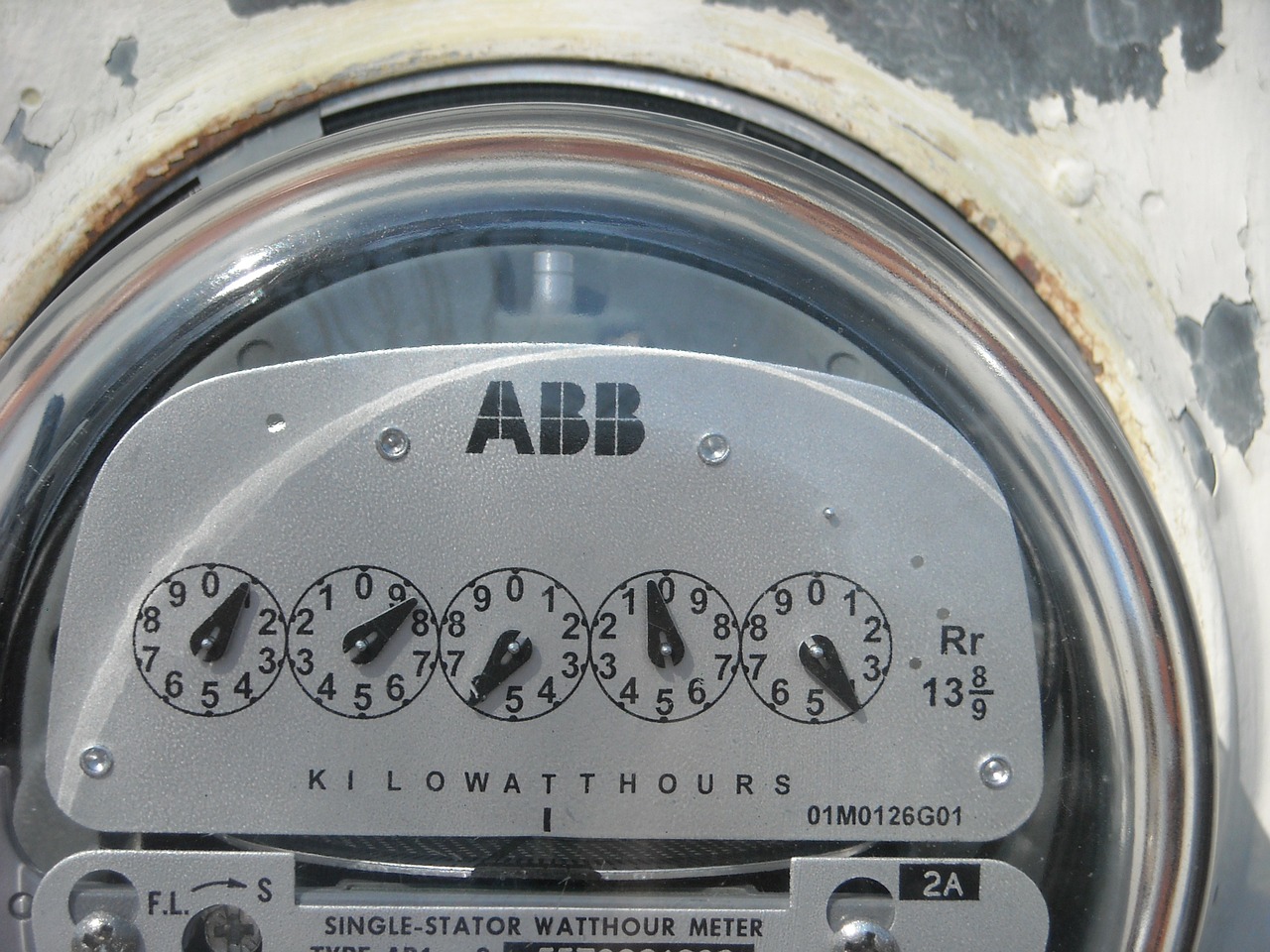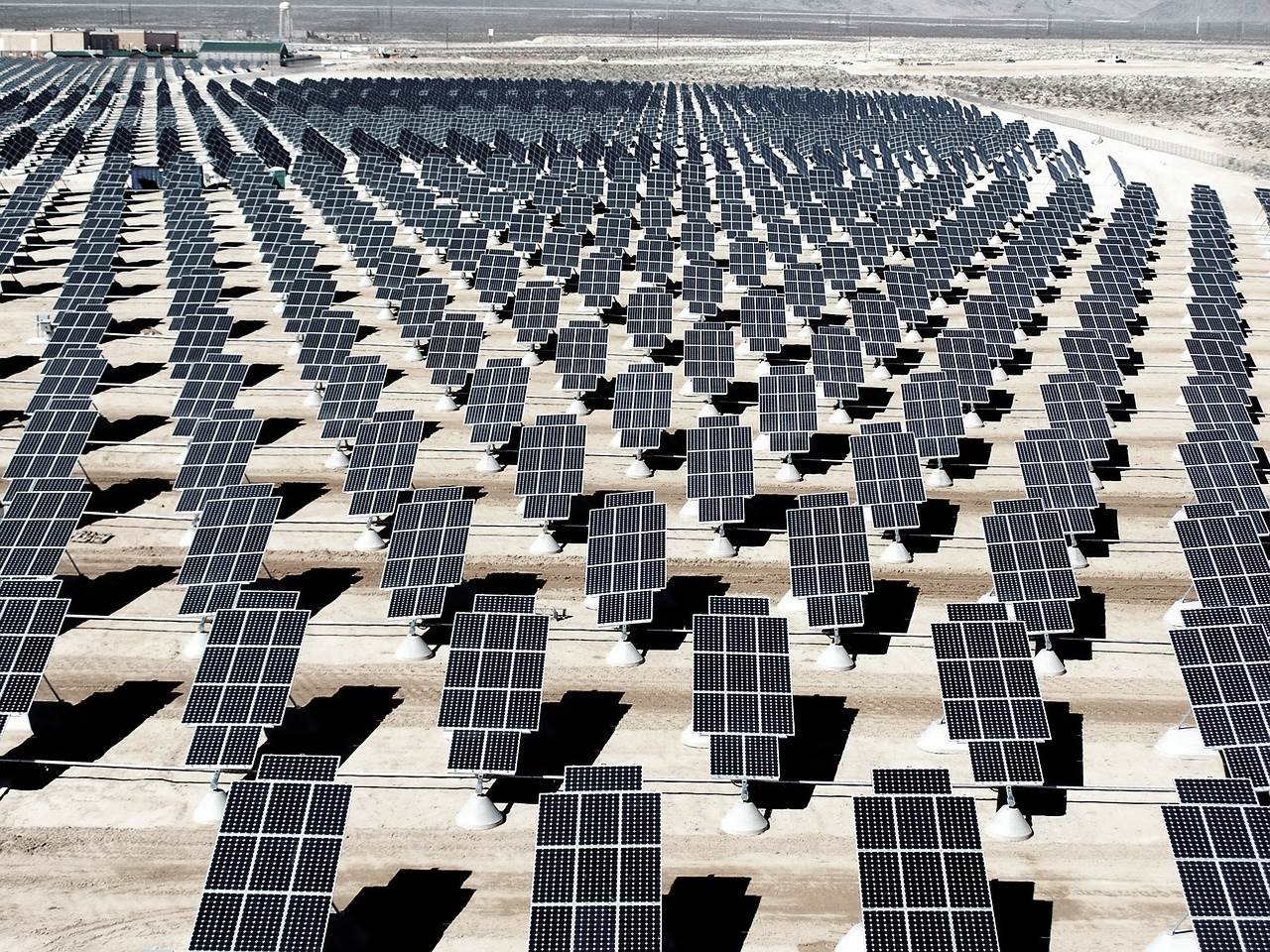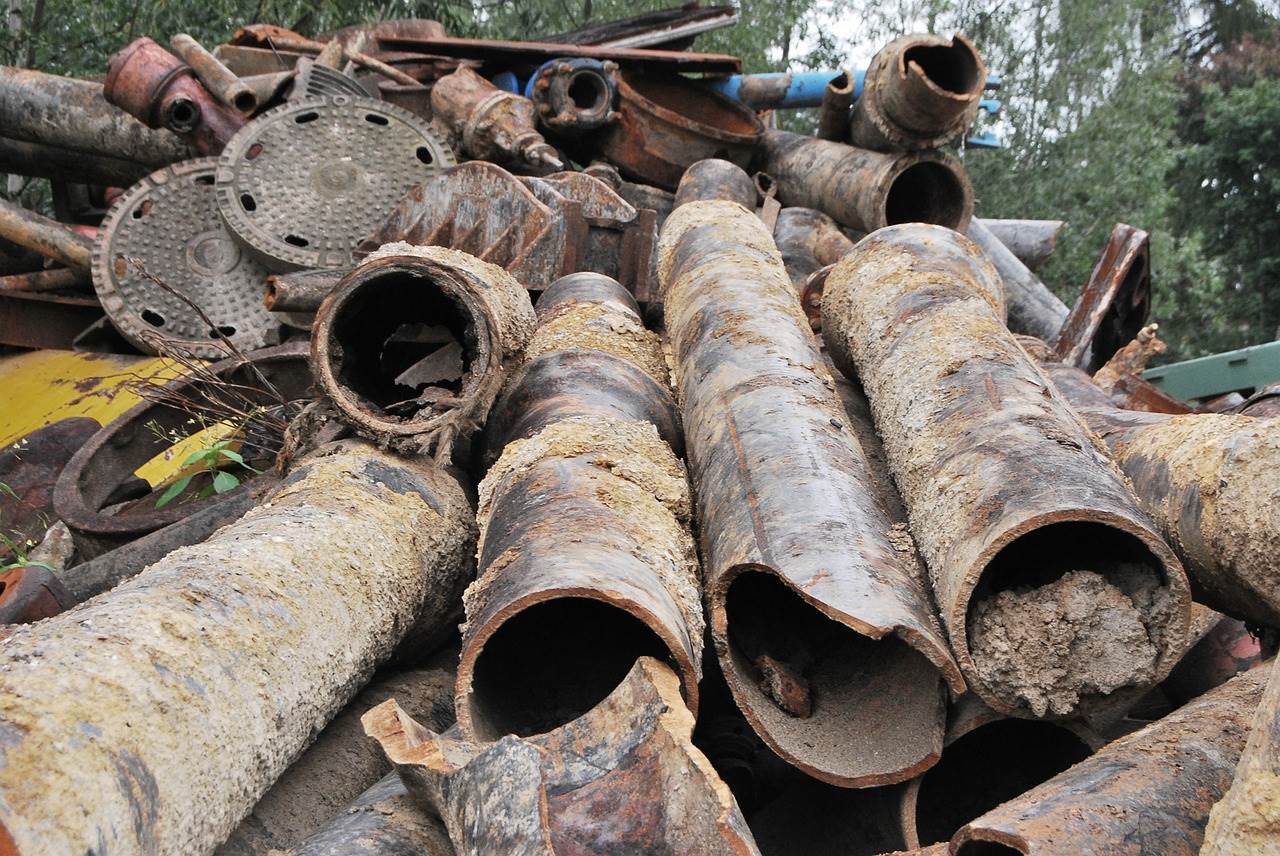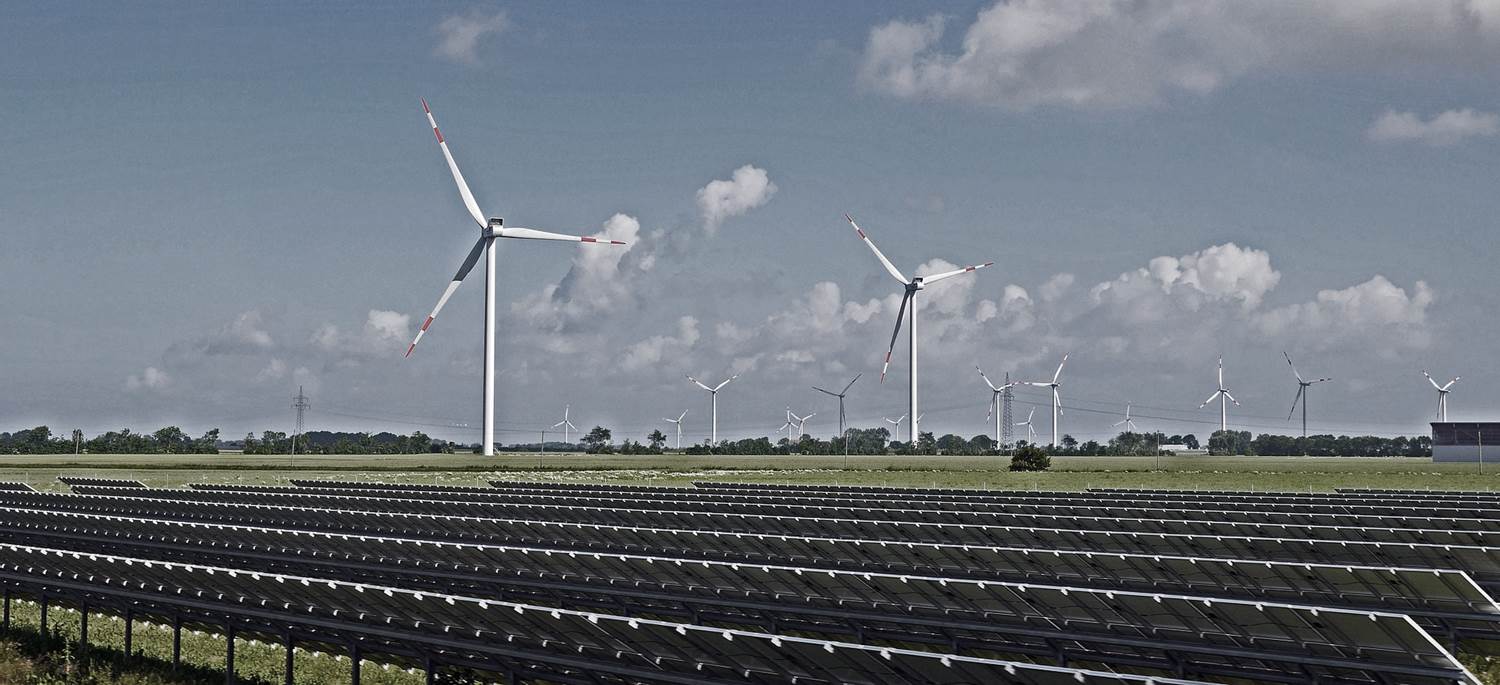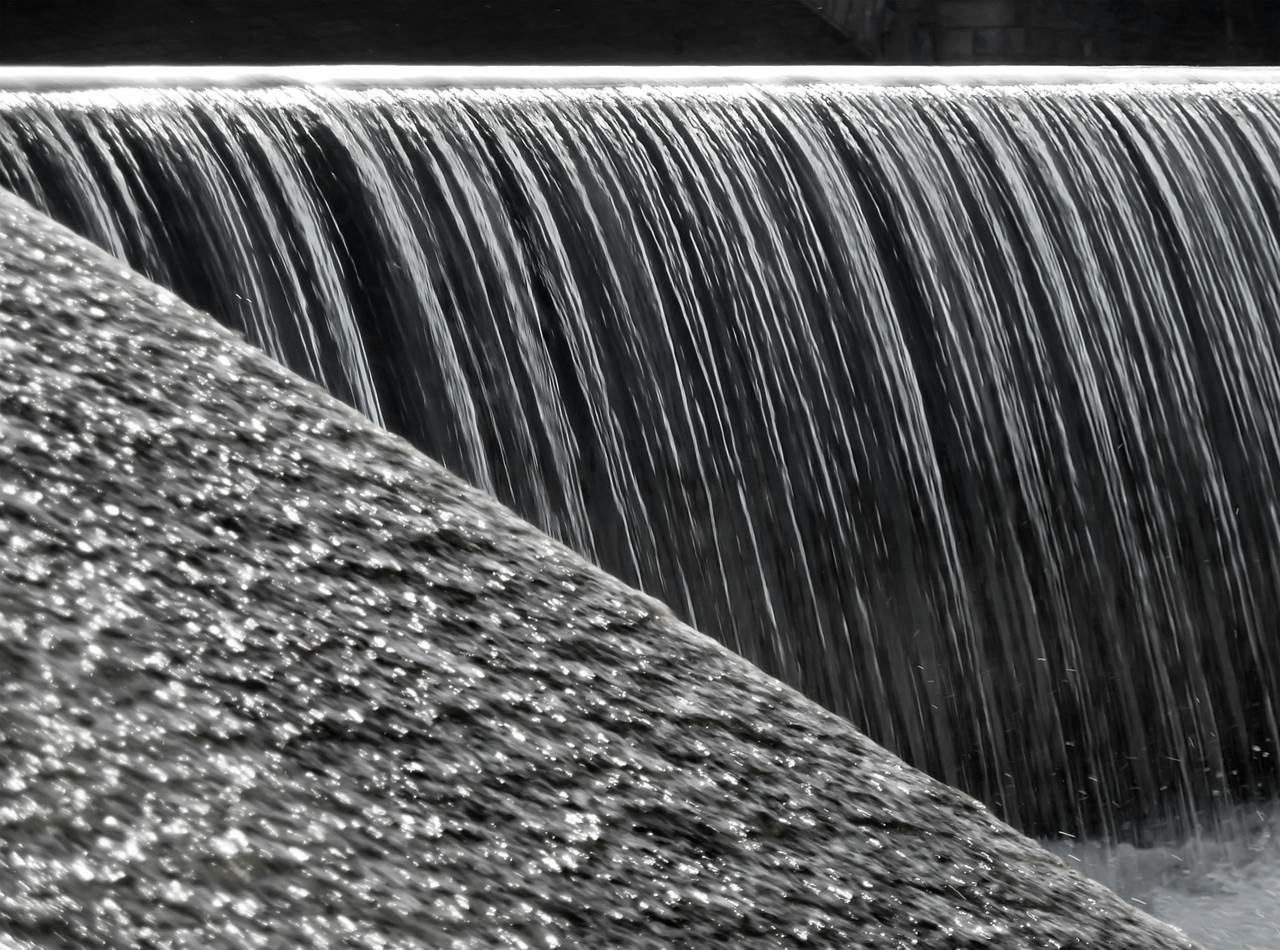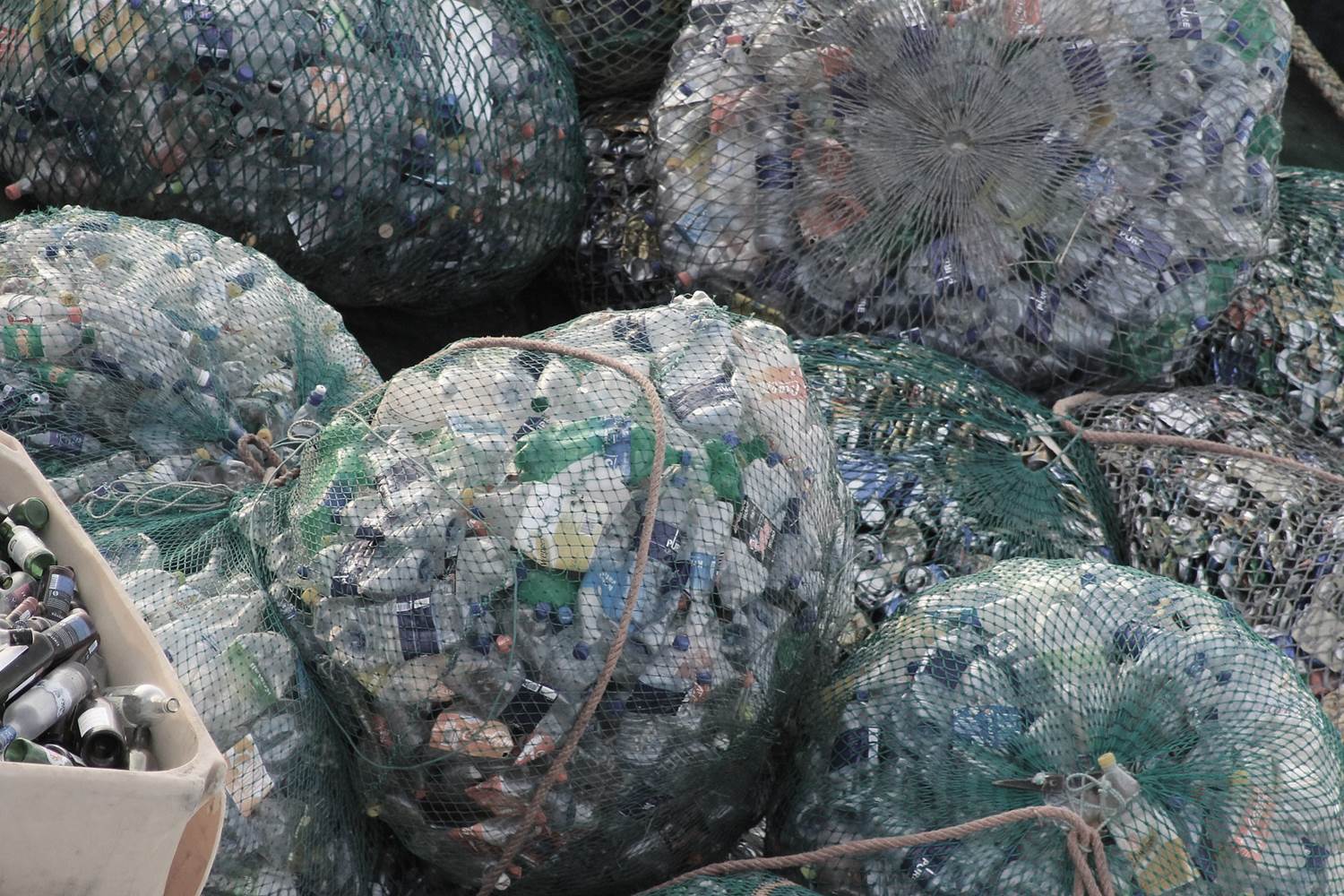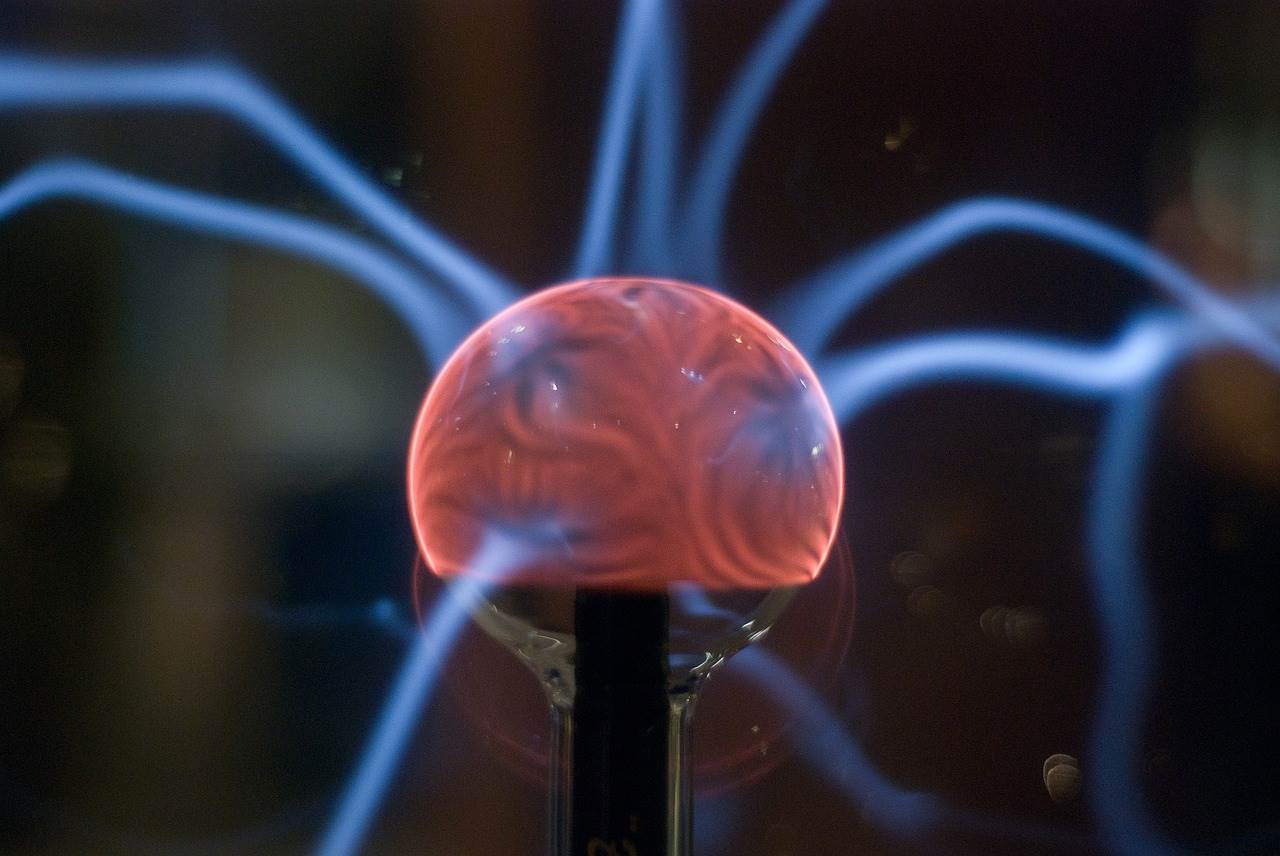
The Generation Game – What next for Renewables?
Date: 14/01/2016 | Energy & Natural Resources, Blogs
The renewables sector has seemed embattled ever since the Tory party’s Westminster election victory in May 2015. Too little attention had been given to their election manifesto commitments to reduce and remove fiscal support. However, even then the speed with which those particular commitments were implemented was surprising.
Some parts of the industry appear to have gone into freefall with new projects being mothballed, investors exiting tout de suite and businesses going to the wall.
Is the sector really a busted flush?
It has certainly changed but I find it hard to accept that it’s dead in the water.
There are already many renewable installations generating power across the UK. As with any other property asset, operators are focused on maximising returns which, in the context of renewables, means trying to improve energy generation and build closer links between demand and supply. For these operators the next issue to address will be repowering; looking to install more powerful and more efficient turbines and generators. This is not simply a technology issue – removing an older possibly obsolete machine and replacing it with another – but more often than not requires fresh planning and other consents as well as landowner permissions.
Again, as with many other property assets, there is a secondary market. There are significant volumes of activity with major utilities, funds and infrastructure companies making large investments. All of which points to the long-term investment viability of established generators.
Some of these, particularly utilities and infrastructure companies, are also acquiring projects which are still unconsented let alone generating. What they are particularly interested in are those schemes which have the potential to stand on their own without fiscal incentives. How can this be you may ask? The reality is that there are schemes which are sustainable.
And, of course, the underlying challenges that affect the UK in terms of energy supply remain as true today as they have throughout the past 20 years. The reality is that two technologies – wind and solar – are already at the forefront of cheap energy generation. The UK government position is that we need to have an energy mix – something I wholeheartedly agree with – and that there is already too much wind and solar in that mix – something I cannot accept. I find it baffling that, at a time when electricity prices for consumers are closely in focus, government policy to promote technologies such as nuclear which are so much more expensive than some renewables has not been more effectively challenged. That is a failure on the part of the renewables industry.
The Achilles heel for the renewables industry has been intermittency of supply and the difficulties some technologies face in supplying electricity at times of peak demand. Storage is often seen as the missing link in the renewable jigsaw. One of the more interesting developments in the sector is the improvement in battery technology. Expect a proliferation over the next two or three years of large-scale battery parks. These facilities will be able to store electricity from renewable installations and then release it on to the grid when it’s needed thereby removing the intermittency issue and largely addressing base load issues.
Furthermore, far too much of our focus has been on generating power in Scotland which can then be exported to other countries to allow them to use in their own manufacturing industries. In doing that we are missing major opportunities. Rather than exporting power generated in Scotland we should be using it locally to bolster the Scottish economy and to support our sadly depleted manufacturing industries.
The challenge for Scotland, for Scottish businesses and for our politicians is whether, as our economy drags itself from the mire of the banking depression, we can grasp the full potential of our energy resources and bring renewables into the mainstream.
And that’s without even mentioning renewable heat and energy conservation.
Is the world of renewables at an end? You’ll be unsurprised to hear me say a resounding no. Yes, it has, and continues to change but to my mind that is a good thing.
As always, comments, compliments or criticisms are welcome on email, twitter (@renewableexpert) or linked-in.


